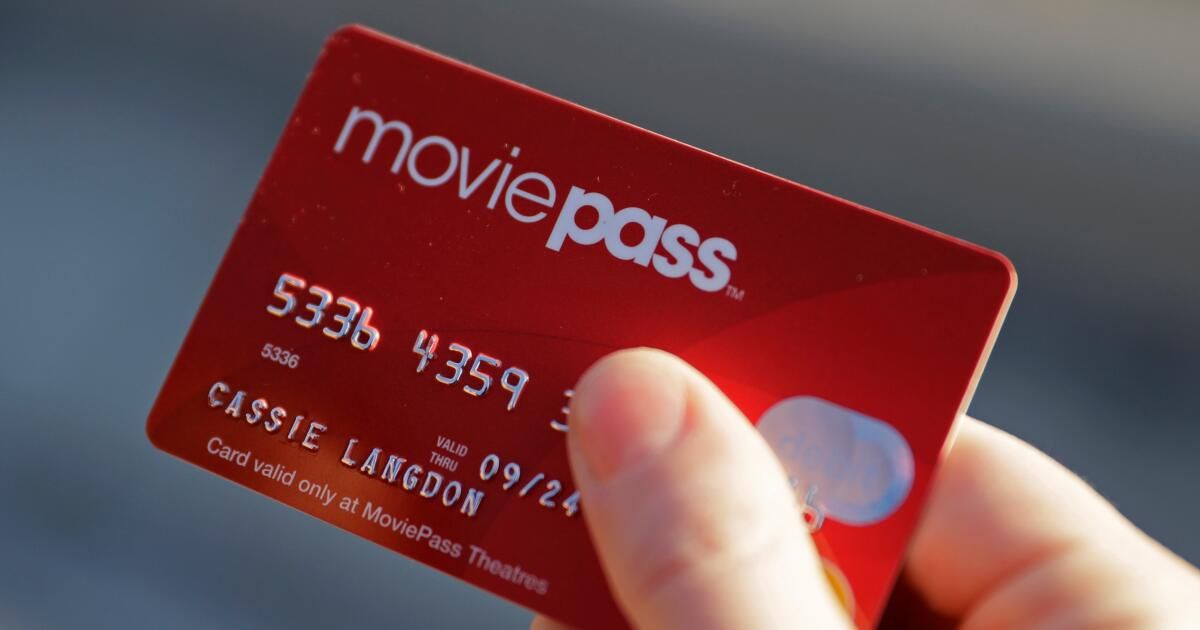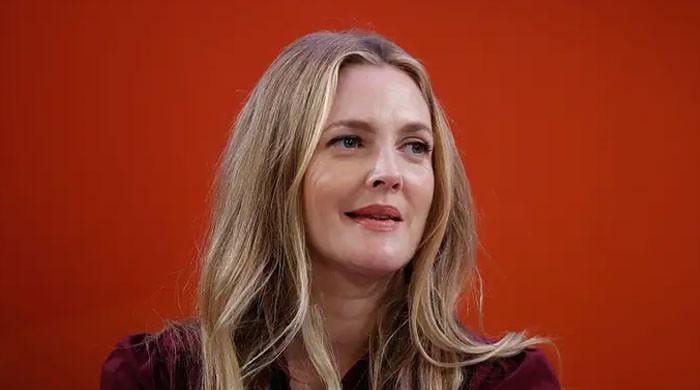MoviePass, the infamous movie subscription service that crashed and burned in 2020, has landed a new investor amid an ambitious comeback attempt.
The New York-based company announced Thursday that it had secured an investment from Forecast Labs, a venture group owned by Comcast. MoviePass did not disclose the amount invested or other financial terms.
The plan is for Forecast Labs to grow MoviePass' subscriber base through television advertising.
“Today's investment will accelerate our mission to bring new technology and innovation to the movie community that will stimulate growth and drive greater traffic to theaters,” Stacy Spikes, CEO and co-founder of MoviePass, said in a statement.
“We also continue to invest in the development of our film marketplace so that studios and partner theaters can gain maximum value by engaging directly with film fans on the platform.”
Arjun Kapur, managing partner at Forecast Labs, added in a statement that the venture firm sees “tremendous value” in the new MoviePass and is confident in its ability to “enhance… the brand.”
The investors' announcement comes more than four years after MoviePass filed for bankruptcy due to a lack of financing needed to sustain its bewildering business model.
The service, which offered subscribers access to screenings at multiple movie theaters for a monthly fee, began to unravel after Helios and Matheson Analytics Inc. bought a majority stake in the company and slashed the price of the monthly subscription to $9.95 instead of $30 to $50.
Despite courting fame and millions of customers, the new model proved too good to be true, sinking MoviePass and its owner's stock value in about three years. MoviePass's downfall prompted shareholder lawsuits and an investigation by the New York attorney general's office.
Last month, HBO released a documentary chronicling the meteoric rise and spectacular demise of MoviePass.
Spikes revived the company in 2022 with the help of a cryptocurrency-focused gaming software and investment company and has been making a comeback. Last year, the businessman told The Times that he had the support of 25% of exhibitors – “totally different from before” – and seemed optimistic that other cinemas would follow.
“The $10 price tag was…just silly,” Spikes said at the time.
“There is no way to offer a subscription plan where you don't control the cost and make it cheaper than a movie ticket. …Just don't set 'unlimited' to a price of $10. Voilà, you have avoided disaster.”
Times staff writer Stacy Perman contributed to this report.












